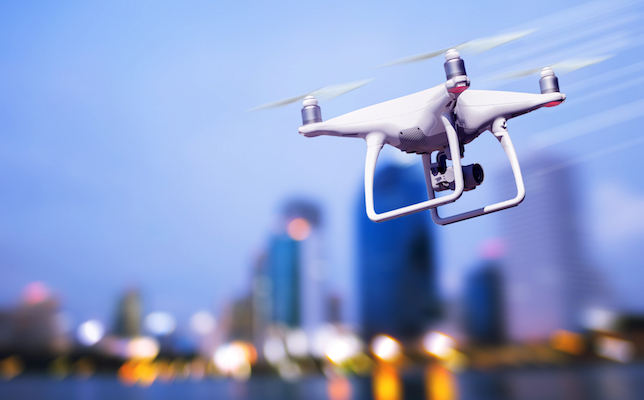Stanford Launches Platform Lab for Centralized Control of Autonomous Cars, Drones

A team of faculty at Stanford University has launched the Platform Lab, a new initiative that aims to develop infrastructure to control swarms of devices, such as drones or autonomous vehicles.
"We think all these self-driving cars and drones will be controlled not individually, but centrally, in a coordinated fashion," said John Ousterhout, faculty director of the lab, according to information released by the university. "This has the potential to change how society functions on a daily basis."
Current research into self-driving cars is mostly focused on distributed control with each vehicle performing its own calculations and coming to its own conclusions, but Ousterhout says that a concentrated model has advantages of its own, including:
- A centralized approach collects the data from every device in one place, providing a big-picture view and easing the creation of applications for decision making and traffic planning;
- Centralized control on datacenters provides additional resources, such as increased computing power and huge back-end datasets, that can empower collaborative behaviors or take advantage of machine learning; and
- The sophistication of the entire system isn't dependent upon the technology of each device.
"From a technology standpoint, it is attractive and easiest to centralize control — to amass data, plan and then disseminate a singular view to all devices," said Ousterhout, in a news release.
Certain things, like collision avoidance and device stability, are better suited to the distributed approach, however, and could still take place on each individual device.
Other examples where a centralized approach may likely be better include the aftermath of a natural disaster where drones might be used to access areas too dangerous for human first responders or a warehouse in which thousands of drones operate at once.
The infrastructure for such centralized systems, however, is currently nonexistent and includes a range of technologies, such as GPS, wireless communication, mapping and traffic control, just to name a few.
"Another challenge is to provide a massive amount of computing with extremely low and predictable latency," according to information released by Stanford. "That means leveraging new machine learning and artificial intelligence techniques to ensure planning and control happen fast without data inference."
That's where the platform lab comes in.
The group plans to envision what the required infrastructure might look like and to determine what pieces currently exist and which need to be created.
More information is available at platformlab.stanford.edu.
About the Author
Joshua Bolkan is contributing editor for Campus Technology, THE Journal and STEAM Universe. He can be reached at [email protected].